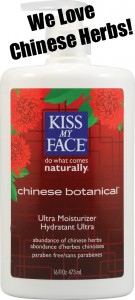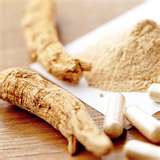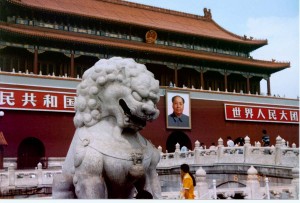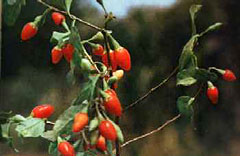On the same day that I received a wonderful testimonial from a woman taking Menopause Relief Herb Pack, I read the news announcement from the Annals of Internal Medicine, that HRT (Hormone Replacement Therapy) creates significant health risks, including stroke and breast cancer.
Wow, what a day!
This news is not really a shocker to alternative medicine practitioners like myself. The Complementary and Alternative Medicine community understands the risks of artificial hormones because we are taught to look at the body from a different point of view than Western medicine doctors. We don't try to cover up menopause symptoms with a drug rather we look for the root cause of the disease and treat the whole body.
Holistic minded doctors have always known that HRT is not the miracle drug it was once made out to be. Yesterdays announcement that risks outweigh the benefits is something we've known all along.
"In this case, the harms – the risk of blood clots, gallbladder disease, those types of things – led us to conclude that, on balance, the harms outweigh any potential benefit" said Dr. Bibbins-Domingo.
She added that for conditions such like heart disease and dementia, there was no evidence of any benefit.
Dr. JoAnn Manson, chief of preventive medicine at Brigham and Women's Hospital and a professor at Harvard Medical School who worked on the WHI study, said the latest recommendations track with current medical practice.
Manson said it is important to distinguish between hormone therapy used for prevention of chronic disease and short-term use of hormone therapy to treat menopause symptoms, which the guidelines do not address.
She said many of the same professional societies that caution against use of hormone therapy for prevention endorse its use in healthy women whose lives are being disrupted by symptoms of menopause.
"That is the really key point here," she said.
Because of the potential risks, doctors prescribe hormone therapy for menopause symptoms at the lowest possible dose for the shortest period of time. "We understand that there is a different balance of benefits and risks when hormone therapy is used for short-term symptom management versus long-term disease prevention," Manson said.
The task force said more study is needed on the effects of hormone therapy in younger women.






 One of the funniest Dr. Oz Shows I ever saw was his show about a new miracle energy drink. Last season on a Dr. Oz show, the audience was given a new energy shot before the show and then asked if they could feel it working at the beginning of the show. Many audience members volunteered to share how they felt after drinking this "miracle" drink, and many said they felt more energetic and really liked how it was working.
One of the funniest Dr. Oz Shows I ever saw was his show about a new miracle energy drink. Last season on a Dr. Oz show, the audience was given a new energy shot before the show and then asked if they could feel it working at the beginning of the show. Many audience members volunteered to share how they felt after drinking this "miracle" drink, and many said they felt more energetic and really liked how it was working. 
